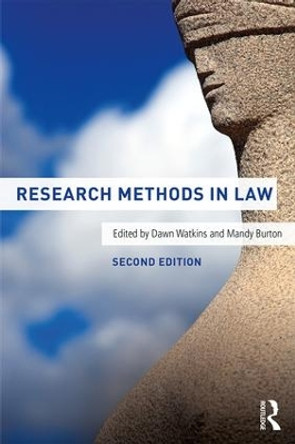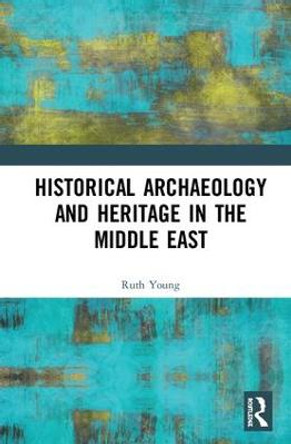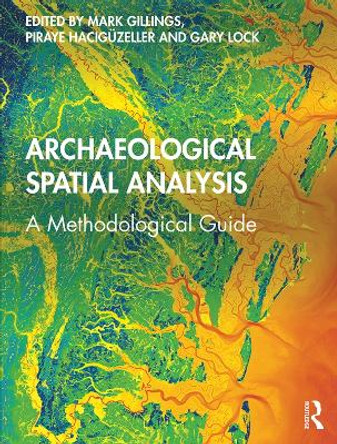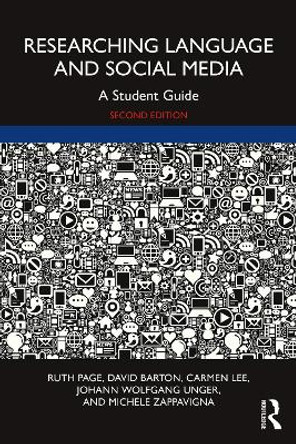Description
Archaeological interpretation is an imaginative act. Stratigraphy and artefacts do not tell us what the past was like; that is the task of the archaeologist. The diverse group of contributors to this volume address the relationship between archaeology and imagination through the medium of historical fiction and fictive techniques, both as consumers and as producers. The fictionalisation of archaeological research is often used to disseminate the results of scholarly or commercial archaeology projects for wider public outreach. Here, instead, the authors focus on the question of what benefits fiction and fictive techniques, as inspiration and method, can bring to the practice of archaeology itself.
The contributors, a mix of archaeologists, novelists and other artists, advance a variety of theoretical arguments and examples to advance the case for the value of a reflexive engagement between archaeology and fiction. Themes include the similarities and differences in the motives and methods of archaeologists and novelists, translation, empathy, and the need to humanise the past and diversify archaeological narratives. The authors are sensitive to the epistemological and ethical issues surrounding the influence of fiction on researchers and the incorporation of fictive techniques in their work. Sometimes dismissed as distracting just-so stories, or even as dangerously relativistic narratives, the use of fictive techniques has a long history in archaeological research and examples from the scholarly literature on many varied periods and regions are considered.
The volume sets out to bring together examples of these disparate applications and to focus attention on the need for explicit recognition of the problems and possibilities of such approaches, and on the value of further research about them.
About the Author
Daniel van Helden is a doctoral student at the University of Leicester, UK. His research focuses on the theory, method and nature of archaeological thinking, specifically the concept of identity, as well as the potential of Fuzzy Set Theory and ontological database approaches for archaeology.
Robert Witcher is Associate Professor of Archaeology at Durham University, UK, and the editor of the world archaeology journal Antiquity. His research interests include landscape archaeology with a particular focus on the pre-Roman and Roman periods in Italy and the Mediterranean, where he has explored aspects of ancient settlement, agriculture and demography.
Reviews
For both readers and writers of archaeological fiction, this volume discusses in depth the relationship between archaeological scientific writing and narratives based on archaeological discoveries. Between the opening chapter laying out the pitfalls as well as the value of historical fiction, and the concluding summary, essays by authors of archaeological tales provide first-hand perspectives. I recommend this book to both producers and consumers of archaeological fiction.
Sarah Milledge Nelson, Distinguished University Professor, University of Denver
Book Information
ISBN 9781032081939
Author Daniel van Helden
Format Paperback
Page Count 320
Imprint Routledge
Publisher Taylor & Francis Ltd
Weight(grams) 648g









